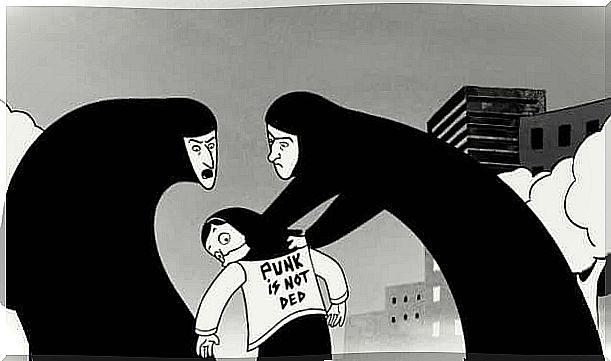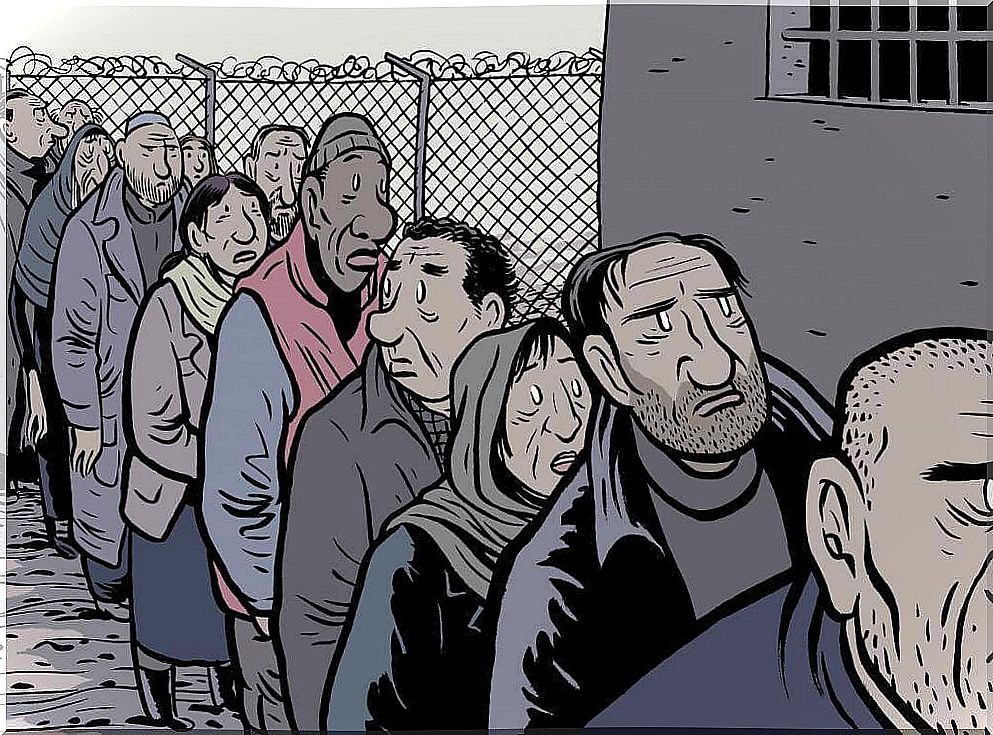Why Do We Talk About “second Generations “?

We constantly hear about ” second and third generation immigrants” but are they really immigrants? They are not really immigrants because they have never been to another country. This qualifier is given to them by their parents or grandparents who at some point were emigrants.
The effects of globalization
Without wanting to enter into the reality or falsity of this association, the facts show that in France, a country in which a large number of people who are considered “second generation immigrants”, have been part of several protests in which it has been used violence and vandalism. To understand the origins of these acts, we must begin by understanding what the effects of globalization are.
Beyond ending some customs and allowing us to eat a hamburger anywhere in the world, the effect of globalization has been the loss of culture. The processes of globalization have carried out a homogenization of the different cultures in favor of the dominant culture, be it, for the most part, the one imported from the United States and the West.

In addition to the loss of culture, another important component of change that has spread globalization is secularization. This consists of making religious references more irrelevant to society, daily life and culture, accompanied by the decline in individual religious practices. Living a religion outside of the cultural is very complicated and, therefore, there is a tendency to look for a new culture in religion. Globalization has led us to a cultural crisis and this situation makes the expansion of religions propitious.
An example is found in the so-called “second generations” of Muslim immigrants. While the first generations continued to maintain many cultural aspects in relation to education, marriage and other social aspects, the second and third generations no longer live the culture of their parents. Parents are no longer the role model and a generational crisis is produced that is aggravated by not finding references on how to combine religion with the culture in which they are found.
Fundamentalism
. Unfortunately, some of these offerings are fundamentalist religions or sects that are more attractive to those who do not know how to live a religion without culture.
Current fundamentalisms do not emerge as a defensive reaction from cultures that feel attacked by globalization, but rather as a new religious identity that seeks to distance itself from current culture. Fundamentalisms propose a break with the cultures of origin.
This works because we live in a globalized world, in which traditional societies are increasingly in crisis and we no longer know what traditional society is. Fundamentalisms provide a positive identity for those who feel estranged from culture.

Therefore, it is not that fundamentalisms take up the cultural traditions in force at the beginning of religions, but rather that they adapt these precepts to current modernity by means of new religious indicators and symbols. Thus, they create a new religious culture that begins by establishing the survival of the endogroup as a priority, allowing heinous forms of violence to proclaim its supremacy. Although it seems counterintuitive, these fundamentalisms constitute a form of liberation.
The problem with fundamentalisms is that they offer strong and closed identities that, without denying reality, offer a valid and attractive alternative given their anti-globalization component. More and more young people integrated into their communities voluntarily leave them to join the ranks of fundamentalist organizations that abuse terror by exterminating those who oppose their ideas.
The current drift in search of ideologies and values to cling to is not only contributing to the growth of radical political ideologies on the right and left. It is also the basis that provides arguments for religious fundamentalisms when it comes to opting for the path of violence.









